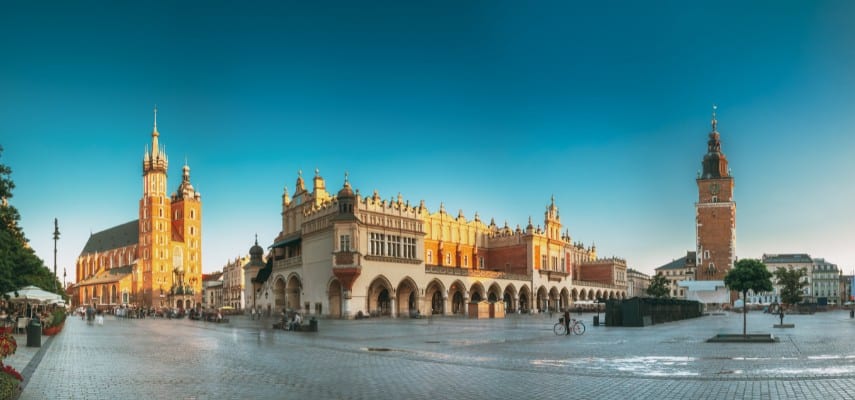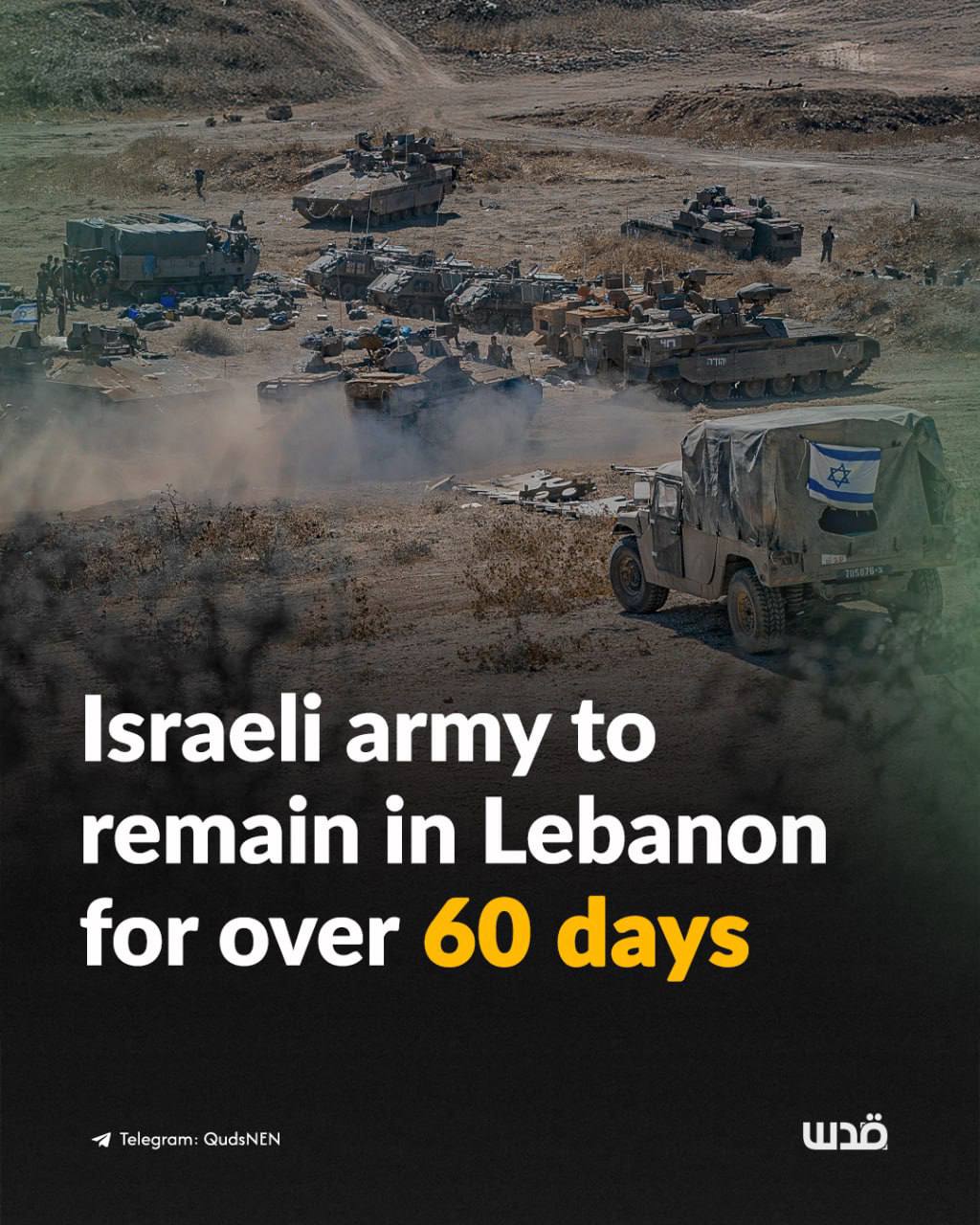
Lebanon, a land steeped in history, vibrant culture, and breathtaking landscapes, often whispers of exclusivity. However, the truth is, this captivating country is becoming increasingly accessible, particularly for budget-conscious travelers. With savvy planning and a keen eye for deals, you can unlock the treasures of Lebanon, from its ancient ruins to its bustling cities, without breaking the bank. This comprehensive guide will equip you with everything you need to find cheap flights, navigate the country, and experience the best of what Lebanon has to offer.
Finding Your Flight: Strategies for Cheap Airfare
The cornerstone of any budget trip is securing affordable airfare. Here’s how to maximize your chances of landing a deal:

Related Articles about Unveiling the Jewel of the Levant: A Guide to Cheap Flights and Exploring Lebanon:
- Florence: A Renaissance Dream – Your Comprehensive Guide to Experiencing the Cradle of Art and Culture
- The Bohemian Rhapsody: A Comprehensive Guide to Traveling in the Czech Republic
- Beyond the Fairytale: Unveiling the Treasures of the Czech Republic
- Dubai: Where Ancient Sands Meet Futuristic Dreams
- The Sands of Affordability: Unveiling Cheap Flights to the United Arab Emirates
- Be Flexible with Dates: The most significant factor influencing flight prices is often the travel dates. Avoid peak seasons (summer, Christmas, Easter) if possible. Shoulder seasons (spring and autumn) offer pleasant weather and fewer crowds, often with significantly lower fares. Mid-week flights (Tuesday, Wednesday) are generally cheaper than weekend departures.
- Utilize Flight Comparison Websites: Websites like Skyscanner, Google Flights, Kayak, and Momondo are invaluable tools. They scour multiple airlines and travel agencies, comparing prices to find the best deals. Set up price alerts to be notified of any fluctuations in fares for your chosen route.
- Consider Budget Airlines: Several budget airlines, such as Wizz Air, Pegasus Airlines, and EasyJet, operate flights to Beirut (BEY). While these airlines may have baggage restrictions and additional fees, they can offer substantial savings compared to traditional carriers.
- Fly Indirectly: Direct flights are convenient, but they often come at a premium. Consider connecting flights, especially if you’re willing to endure a layover. This can significantly reduce the overall cost.
- Book in Advance (But Not Too Far): Booking flights several months in advance can often secure the best prices. However, avoid booking too early, as airlines may adjust prices closer to the departure date. A sweet spot is generally 2-4 months before your intended travel date.
- Be Aware of Hidden Costs: When comparing fares, pay close attention to baggage fees, seat selection charges, and other potential extras. Factor these into the overall cost to ensure you’re getting the best value.
- Consider Alternative Airports: If possible, explore flying into airports near Beirut, such as Larnaca (LCA) in Cyprus or Amman (AMM) in Jordan. While you’ll need to factor in the cost of onward travel, it might still prove cheaper than a direct flight.

Unveiling Lebanon’s Treasures: Top Attractions
Lebanon’s rich history and diverse landscapes offer a wealth of experiences for every traveler. Here are some must-see attractions:
- Beirut: The vibrant capital city is a melting pot of cultures, boasting a fascinating blend of ancient ruins, modern architecture, and a lively atmosphere. Explore the Corniche, a scenic waterfront promenade; wander through the reconstructed downtown area; visit the National Museum of Beirut; and experience the city’s renowned nightlife.
- Baalbek: A UNESCO World Heritage site, Baalbek is home to some of the most impressive Roman ruins in the world. Marvel at the colossal Temple of Bacchus, the Temple of Jupiter, and the Temple of Venus.
- Tyre (Sour): Another UNESCO World Heritage site, Tyre boasts ancient Phoenician and Roman ruins, including impressive necropolises, hippodromes, and harbors. Explore the ancient city walls, stroll along the sandy beaches, and enjoy the charming atmosphere of the modern town.
- Byblos (Jbeil): One of the oldest continuously inhabited cities in the world, Byblos offers a captivating glimpse into Lebanon’s ancient past. Explore the ancient harbor, the Crusader castle, and the fascinating archeological site.
- Tripoli: The second-largest city in Lebanon, Tripoli is a bustling port city with a rich history and a distinctly Arab character. Explore the souks (markets), visit the Citadel of Raymond de Saint-Gilles, and savor the local cuisine.
- Jeita Grotto: This stunning natural wonder comprises two interconnected limestone caves, showcasing breathtaking stalactites and stalagmites. Take a boat ride through the lower grotto and marvel at the geological formations.
- The Cedars of God: Witness the iconic Cedars of God, a grove of ancient cedar trees that are a symbol of Lebanon. Hike through the mountains, breathe in the fresh air, and admire these majestic trees.
- Anjar: Located in the Bekaa Valley, Anjar is a well-preserved Umayyad city dating back to the 8th century. Explore the ruins, including palaces, baths, and residential areas, and learn about the city’s rich history.
- Qadisha Valley and the Forest of the Cedars of God: Hike in the Qadisha Valley, a UNESCO World Heritage site with stunning natural beauty and ancient monasteries. This area is perfect for nature lovers and those seeking a spiritual retreat.
Delving into History: A Glimpse of Lebanon’s Past
Lebanon’s history is a tapestry woven from millennia of empires, cultures, and conflicts. From the Phoenicians, who established a thriving maritime trade empire, to the Romans, Crusaders, Ottomans, and French, each civilization has left its mark on the land.
- Phoenician Era: The Phoenicians, skilled seafarers and traders, established city-states along the Lebanese coast, including Tyre, Sidon, and Byblos. They developed the alphabet, contributing significantly to the spread of literacy.
- Roman Influence: The Romans conquered Lebanon, leaving behind impressive structures such as the temples of Baalbek.
- Crusader Period: The Crusader period saw the establishment of Crusader states, leaving behind castles and fortresses throughout the country.
- Ottoman Rule: The Ottoman Empire ruled Lebanon for centuries, leaving a legacy of architectural styles and cultural influences.
- French Mandate: After World War I, Lebanon was placed under a French mandate, leading to independence in 1943.
- Civil War and Post-War Era: The Lebanese Civil War (1975-1990) devastated the country, leaving behind scars that are still visible today. The post-war era has seen efforts to rebuild and reconstruct, with a focus on tourism and economic development.
Essential Travel Tips for a Smooth Journey
- Visa Requirements: Check visa requirements based on your nationality. Many nationalities can obtain a visa on arrival at Beirut-Rafic Hariri International Airport. However, it’s always best to verify the latest regulations before you travel.
- Currency: The official currency is the Lebanese Pound (LBP). However, US dollars are widely accepted, especially for larger transactions. ATMs are available in major cities and tourist areas.
- Language: Arabic is the official language. French and English are widely spoken, particularly in tourist areas.
- Safety: Lebanon is generally safe for tourists. However, it’s essential to be aware of your surroundings and avoid areas near the border with Syria. Stay informed about any potential security concerns.
- Transportation:
- Taxis: Taxis are readily available in cities. Negotiate the fare before you get in.
- Shared Taxis (Service): These are a more affordable option, especially for longer distances. They follow set routes and charge a fixed fare.
- Public Buses: Public buses are available but can be crowded.
- Car Rental: Renting a car gives you flexibility, but be aware of traffic congestion, especially in Beirut.
- Dress Code: Dress modestly, especially when visiting religious sites.
- Food and Drink: Lebanese cuisine is renowned for its delicious flavors. Try local specialties like hummus, falafel, shawarma, and man’ouche. Drink bottled water to avoid any stomach issues.
- Respect Local Customs: Be mindful of local customs and traditions. Show respect for religious sites and avoid public displays of affection.
- Bargaining: Bargaining is common in souks and markets.
- Internet Access: Wi-Fi is widely available in hotels, cafes, and restaurants. Consider purchasing a local SIM card for mobile data.
- Electricity: The electrical voltage is 220V, with European-style plugs.
Accommodation Options: Budget-Friendly Choices
Finding affordable accommodation is crucial for budget travelers. Here are some options:
- Hostels: Hostels are a great option for solo travelers or those looking to socialize. They offer dorm rooms and sometimes private rooms at budget-friendly prices.
- Budget Hotels: Numerous budget hotels are available in cities like Beirut and Tripoli, offering basic amenities at affordable rates.
- Guesthouses and Boutique Hotels: These offer a more local experience and can be found in charming towns and villages.
- Airbnb: Airbnb provides a range of options, from budget-friendly apartments to unique homes, allowing you to experience Lebanon like a local.
- Camping: Camping is possible in some areas, particularly in nature reserves and near the coast.
Getting Around: Transportation Options
- Within Cities: Walking is a great way to explore cities like Beirut. Taxis and shared taxis (service) are readily available.
- Between Cities: Shared taxis (service) are a common and affordable way to travel between cities. Buses are also available.
- Car Rental: Renting a car gives you the most flexibility, especially for exploring the countryside. Be aware of traffic conditions, particularly in Beirut.
Best Time to Visit: Weather and Considerations
- Shoulder Seasons (Spring and Autumn): These seasons offer the most pleasant weather, with warm temperatures and fewer crowds. This is the ideal time to visit for sightseeing and outdoor activities.
- Summer (June-August): The peak season brings hot temperatures, especially along the coast. It’s ideal for swimming and beach activities, but prices tend to be higher.
- Winter (November-March): The winter months can be cold and rainy, with potential for snow in the mountains. However, this is a good time for skiing and snowboarding in the mountains.
Making the Most of Your Budget:
- Eat Local: Embrace the delicious and affordable Lebanese cuisine. Street food and local restaurants offer excellent value for money.
- Explore Free Activities: Take advantage of free activities like exploring historical sites, strolling along the Corniche, and visiting public parks.
- Use Public Transportation: Utilize shared taxis and buses to save on transportation costs.
- Cook Your Meals (If Possible): If you’re staying in an apartment or hostel with kitchen facilities, consider cooking some of your meals to reduce expenses.
- Look for Free Walking Tours: Free walking tours are a great way to explore cities and learn about their history and culture.
- Take Advantage of Discounts: Inquire about discounts for students, seniors, and groups.
- Travel During the Off-Season: Prices for flights and accommodation are generally lower during the off-season.
Conclusion:
Lebanon, with its rich history, captivating culture, and breathtaking landscapes, is an experience that should be accessible to all. By utilizing the strategies outlined in this guide, you can find cheap flights, explore its top attractions, navigate the country with ease, and create unforgettable memories without breaking the bank. So, pack your bags, embrace the adventure, and prepare to be enchanted by the jewel of the Levant.





